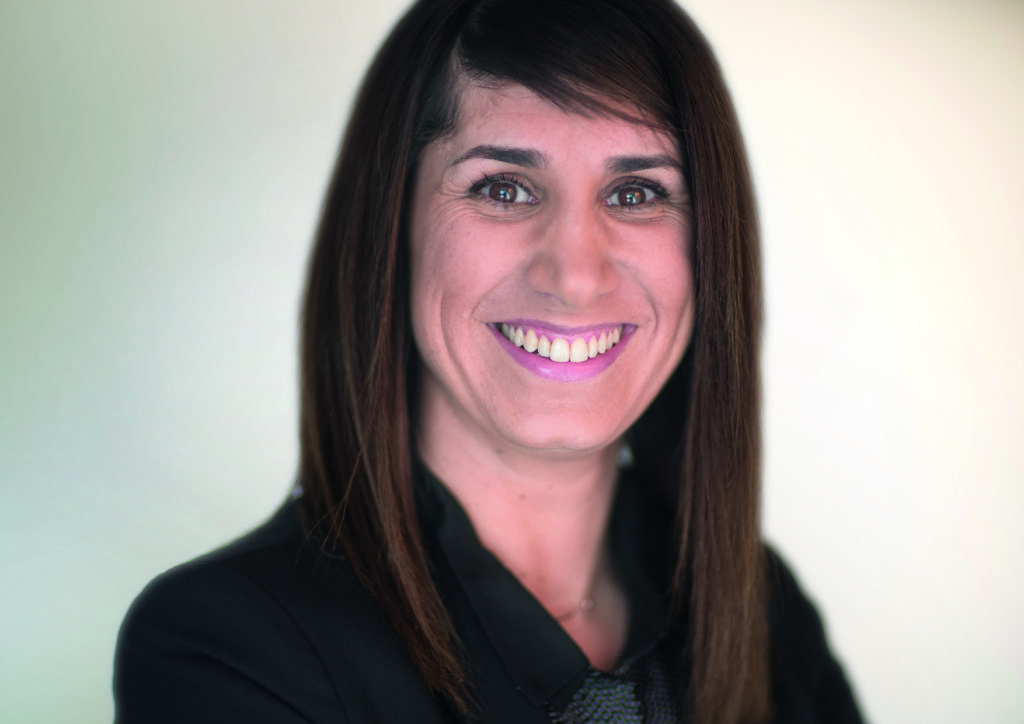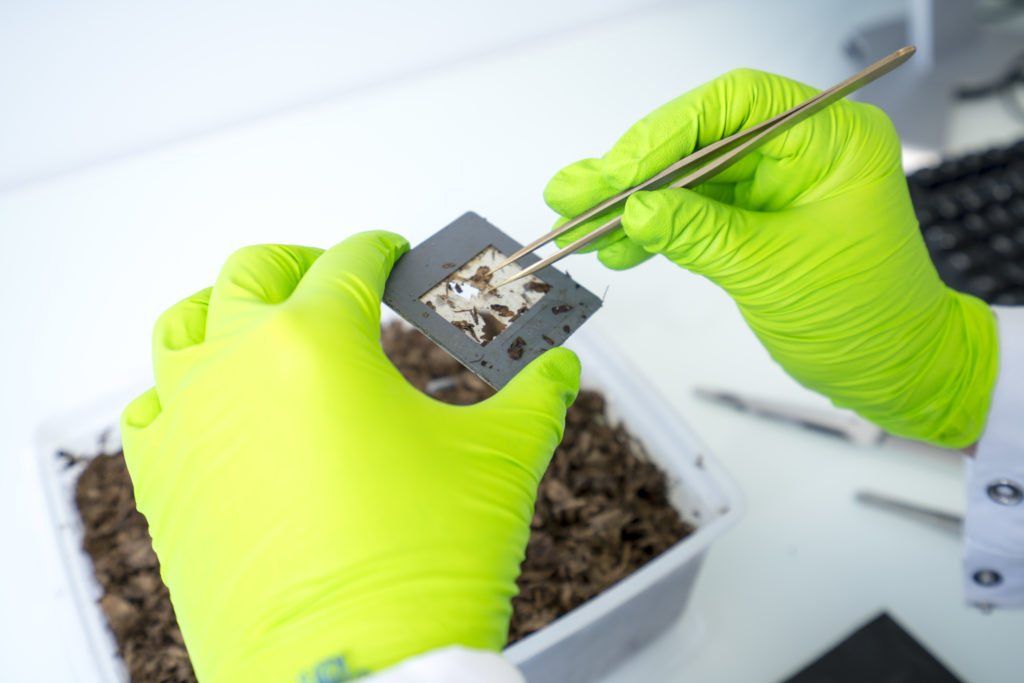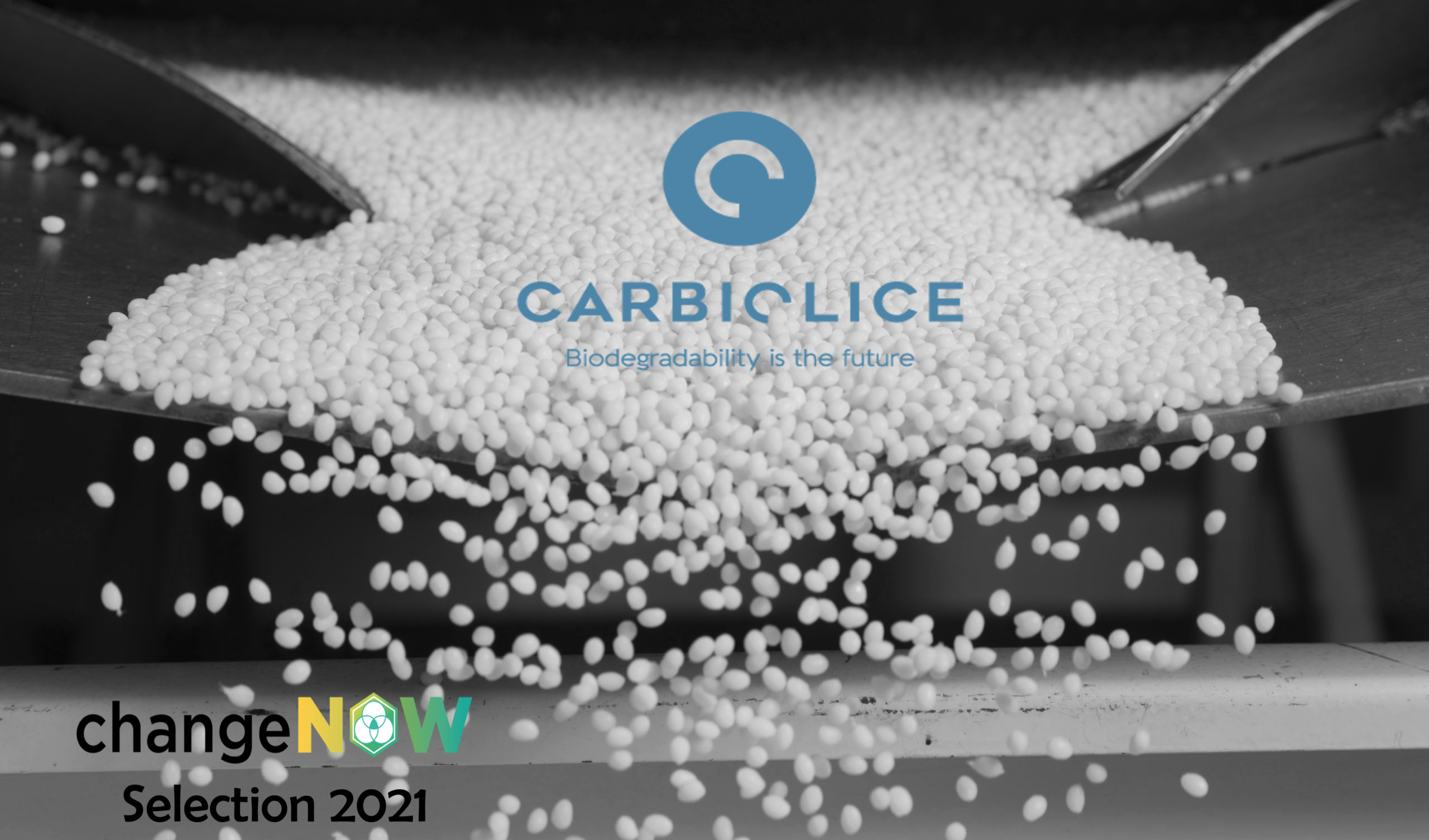Plastic is a material with multiple uses for the human species but whose slow decomposition and low recycling capacity are sources of huge pollution. In order to remedy this situation, the Carbiolice company wants to propose an additive allowing to transform the plastic of vegetable origin into compost, in order to make it biodegradable. Nevertheless, Nadia Auclair, founder of Carbiolice, wishes to underline in this interview granted toFeat-Ythat this solution must be combined with others, present and future, to increase the share of recycled or composted plastics in the future. Interview.
Feat-Y : How did the idea of founding Carbiolice come about?
Nadia Auclair: The idea came from several observations. The first is plastic pollution, the second is the limits of the solutions currently in place to manage the waste that causes it. We realized that apart from bottles and flasks, the recycling rate for plastics is only 5%, often because the packaging is too thin, soiled or multi-material. It was therefore essential to find complementary solutions to recycling and we thought of composting.
“There is no single solution in the fight against plastic pollution”
Nadia Auclair
Feat-Y :What are the steps involved in turning plastic into compost?
N.A : There are different steps. It all starts when the plastic product (of plant origin) is manufactured, a packaging for example: our additive is introduced into this packaging at the time of its manufacture and it is only when the product is placed in a composter (domestic, collective, industrial…), that our Evanesto® additive will be activated. Various natural mechanisms, linked to micro-organisms, pH, temperature and humidity, will then break the plastic into small particles that will be easily digested by the micro-organisms in the compost. Then, there is a classic biodegradation mechanism, as for biowaste (fruit and vegetable peelings, food scraps, green waste…), during which the micro-organisms will assimilate the packaging by transforming it into organic matter. What remains is compost, without any residue or toxicity, which can be used to improve the soil and fertilize plants.

Feat-Y: Does this mean that all plastics produced and briefly used in the world can be recycled or composted by the technologies that Carbiolice develops?
N.A: Unfortunately today, I would say not. At least not all of them. For the moment, our solution only addresses plastics that are of plant origin. However, our ambition remains high, since with just one ton of Evanesto®, we can eliminate 20 tons of plastic waste. And because it is an additive, it can also be integrated into a wide range of possible applications (packaging for our foodstuffs, obviously, rigid or flexible, but also technical films such as the cushioning bubbles found in our packages, agricultural applications such as horticultural pots, etc.). We are already working on a second generation of additives, which will be available next year. Because our motto is “biodegradability is the future”, we want to propose new innovations in the coming years to address other families of plastics, but also to propose other end-of-life scenarios, in other biodegradation conditions.
Feat-Y: In the case where some plastics cannot be recycled or composted, what alternatives could exist or would have to be invented so that plastics could “serve the interests of mankind while preserving the planet”, in your opinion?
N.A : For me, we must combine all solutions. That is, firstly, to reduce the consumption and use of plastic, and when it is not necessary, to opt for reusable plastic when it is possible. Secondly, when we are dealing with single-material products, with a certain thickness, we must think about sorting and recycling, isolating the flow so that it is recyclable and clean. Then, when we have exhausted these two solutions, we must consider compostable solutions, knowing that when I say compostable, it can also be methanizable. In my opinion, the solution is to combine all the devices, to continue to innovate, in order to be able to address a wider field of materials for which the end of life is problematic. But all solutions must be combined. There is no single solution in the fight against plastic pollution, it is the combination of all these solutions that will enable us to put an end to it.

Feat-Y : Have partnerships with companies or public administrations been developed in recent years?
N.A : Absolutely! There are public and private partnerships. On the private side, we have a very strong partnership with the world’s leading producer of enzymes, Novozymes, a Danish company, with whom we collaborate on the development and production of enzymes. We have many public partnerships with universities, with the CNRS, on research, mechanisms, to understand the mechanisms of biodegradation. We also work with independent laboratories that control our products and that allow us to obtain labels, like the OK Compost HOME label from TÜV AUSTRIA. And then, we also have partnerships with packaging manufacturers, mulching films for example, with whom we are experimenting a certain number of applications.
Interview by Jonathan BAUDOIN




